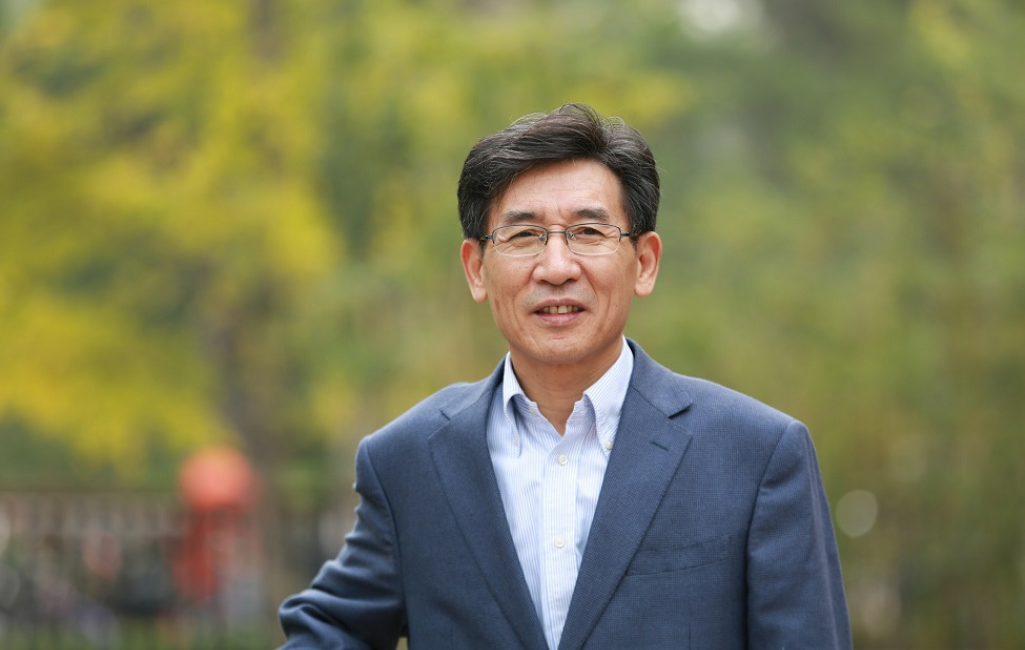Professor Xue Qikun, a professor at Tsinghua University and president of Southern University of Science and Technology, has been awarded the 2024 Oliver E. Buckley Condensed Matter Physics Prize.
The prestigious prize has been awarded annually since 1953 and is considered the highest international honor in matter physics—recognizing individuals making an impact in the field. Qikun was recognized with the honor in tandem with Professor Ashvin Vishwanath from Harvard University. The American Physical Society stated the two men won the prize for “groundbreaking theoretical and experimental studies on the collective electronic properties of materials that reflect topological aspects of their band structure.” Qikun is officially the first man of Chinese nationality to win the prize.
Born and raised in China’s Shandong province, Qikun faced several challenges throughout his career but his work in the field of topological insulators has made him a prominent figure in the world of condensed matter physics.
After working with the Tsinghua University, the Institute of Physics of the Chinese Academy of Sciences and Stanford University; Qikun studied and contributed to research around the quantum anomalous Hall (QAH) effect. The QAH effect describes the unusual way in which electrons in two-dimensional materials travel when exposed to low temperatures and a magnetic field.
In 2012, Qikun became the first person in the world to achieve and observe the effect in magnetic topological insulators. His studies on the observation went on to produce significant research in physics, discovering new ways for global condensed matter research. Qikun’s findings are also promising in potentially creating low-energy electronics.
His achievements led him to become a member of the Chinse Academy of Sciences, the vice president of Tsinghua University and the director of the State Key Lab of Quantum Physics. Additionally, Qikun was awarded the Chinese Future Science Prize for his contributions; China’s equivalent of the Nobel Prize.
Currently, Qikun is conducting research and development in the superconductivity and high-temperature superconductivity fields. His most notable discovery in the field thus far was made in 2012, when he challenged the common understanding of high temperature superconductivity after witnessing it in a single unit-cell FeSe film grown on SrTiO3 substrate.
“This achievement is the fruition of China’s steady growth in scientific and technological strength and the long-term accumulation of basic scientific research since China’s reform began four decades ago,” Qikun said in a Tsinghua University press release. “This honor belongs to every researcher on the team and to all Chinese scientists.”
Explore more articles for the STEM Community here.



